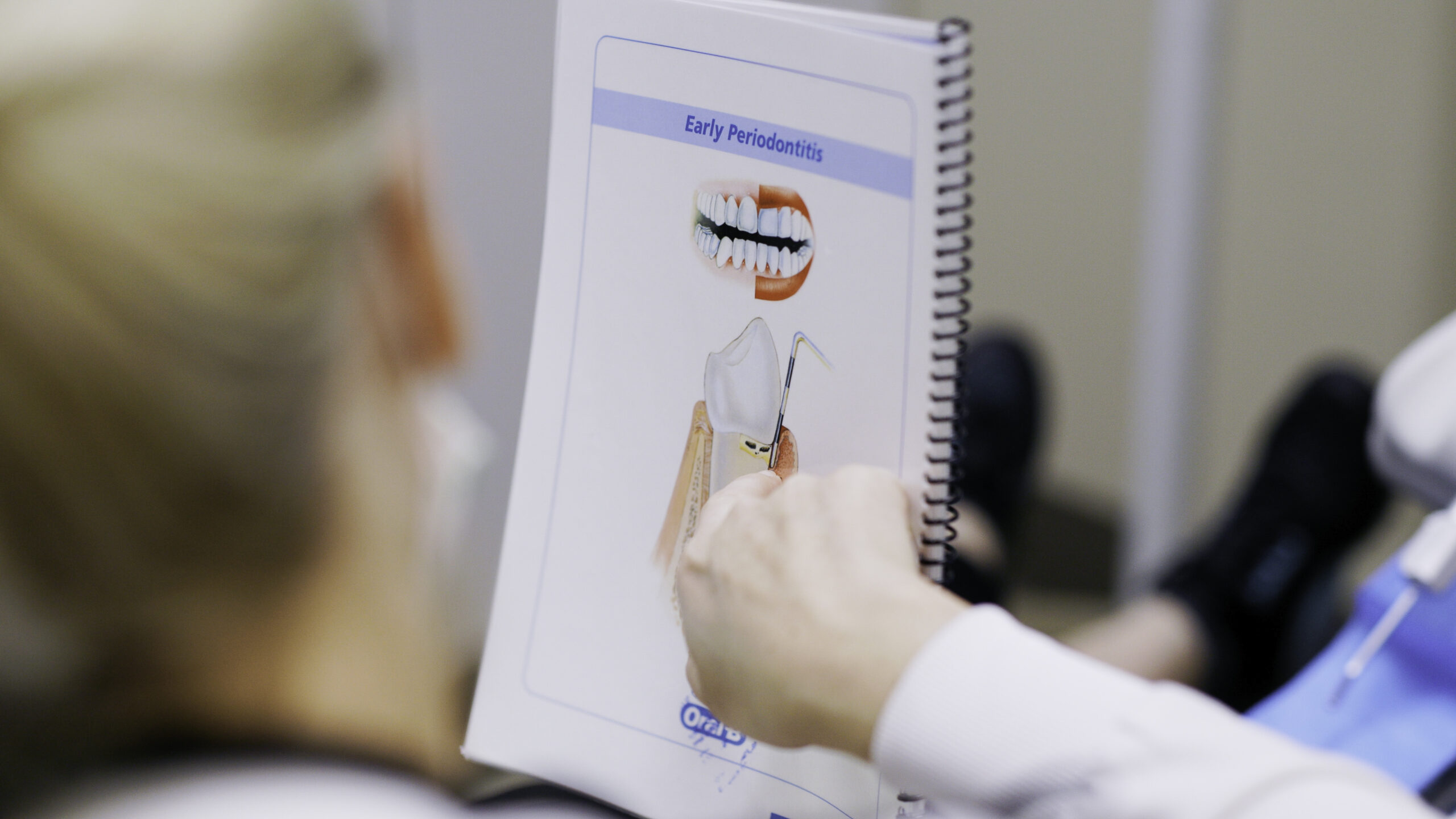Take Care of Your Sleep Apnea Dental Appliance to Extend Its Longevity

Sleep apnea, as defined by the National Heart, Lung, and Blood Institute, is your airway gets blocked while you sleep, causing you to stop breathing for a few seconds. One of the most common treatments for mild-to-moderate sleep apnea is a dental device, such as a mandibular advancement device (MAD). These look like regular mouth guards or retainers and work by pushing the lower jaw and tongue forward slightly while sleeping, which can help keep your tongue and throat muscles from collapsing and obstructing your airway.
Caring for your sleep apnea device
Keeping these mouthpieces clean is one of the most important parts of caring for your sleep apnea device. Your mouth is warm and moist, which is the ideal environment for bacteria to breed, which leads to odor and stains. You also want to keep your mouthpiece clean since it sits on your teeth all night. A dirty mouthpiece can lead to gum infection or tooth decay. The following are tips on how to keep your sleep apnea device clean and smelling fresh.
Avoid heat
Extreme heat, such as boiling water or being near a heater, can warp or deform the plastic or other parts of the device.
Avoid harsh chemicals
Not only can harsh chemicals, such as bleach, damage the materials that make up your device, but they can also leach into your device's material, which can then damage your teeth and gums.
Brush your teeth before wearing
Brushing your teeth before wearing your dental device ensures that you are removing any food particles and plaque, so they do not get pressed up against your teeth all night, creating a perfect environment for bacteria. This will help you avoid potentially serious dental issues.
Always clean after wearing
It is also important to clean your dental device after wearing it and before storing it. Depending on the type of dental device you have, cleaning it may require a toothbrush and toothpaste or a mild soap or even a combination of the two.
Do not leave in water
Your dental device should be dried thoroughly after cleaning and should never be stored submerged in water, as that can lead to damage. Instead, keep your device stored in a cool, dry place. The case it came in is usually your best bet. Don’t forget to clean that frequently as well! It is typically recommended to clean your case on a weekly basis.
Do weekly deep cleans
About once each week, you should give your dental device a deep clean. Some people like to use denture tablets, while others prefer to use water and white vinegar. Either way, you’ll want to leave the device submerged for about five minutes and scrub with a soft-bristled brush before rinsing and drying thoroughly.
The bottom line
Cleaning and caring for your dental appliance is as important as keeping your teeth and mouth clean. Your dentist will go over the specific care instructions for your sleep apnea dental device, so combined with the tips above, you’ll have a sparkling clean dental device!
Request an appointment here: https://www.stgeorgedentalcare.com or call St. George Dental Care at (435) 628-9099 for an appointment in our St George office.
Check out what others are saying about our services on Yelp: Read our Yelp reviews.
Recent Posts
We know that life is busy. Between work, school runs, and family commitments, finding time for healthcare can be a challenge. One of the most common questions we hear at the front desk isn't just about cost or comfort; it's about the schedule. Patients want to know, "How long does dental treatment take?" Whether you…
For many people, the thought of sitting in a dental chair triggers a wave of unease. It is important to know that dental anxiety is incredibly common, and feeling this way doesn't mean you are irrational or weak. Many patients avoid appointments for years simply because the fear feels too overwhelming to manage.However, modern dentistry…
Waking up to a throbbing toothache can be alarming and exhausting. Pain that intensifies after sundown is a common complaint and often signals an underlying issue that requires professional attention. At St. George Dental Care, we understand how stressful this can be, and we're here to provide clarity and care when you need it most.…
Understanding the cost of dental care is a major concern for many people. You want to maintain your oral health without facing unexpected expenses. While it is impossible to provide a single price for a dental visit, we can explain the factors that influence cost and help you feel better prepared for your appointment. Our…


